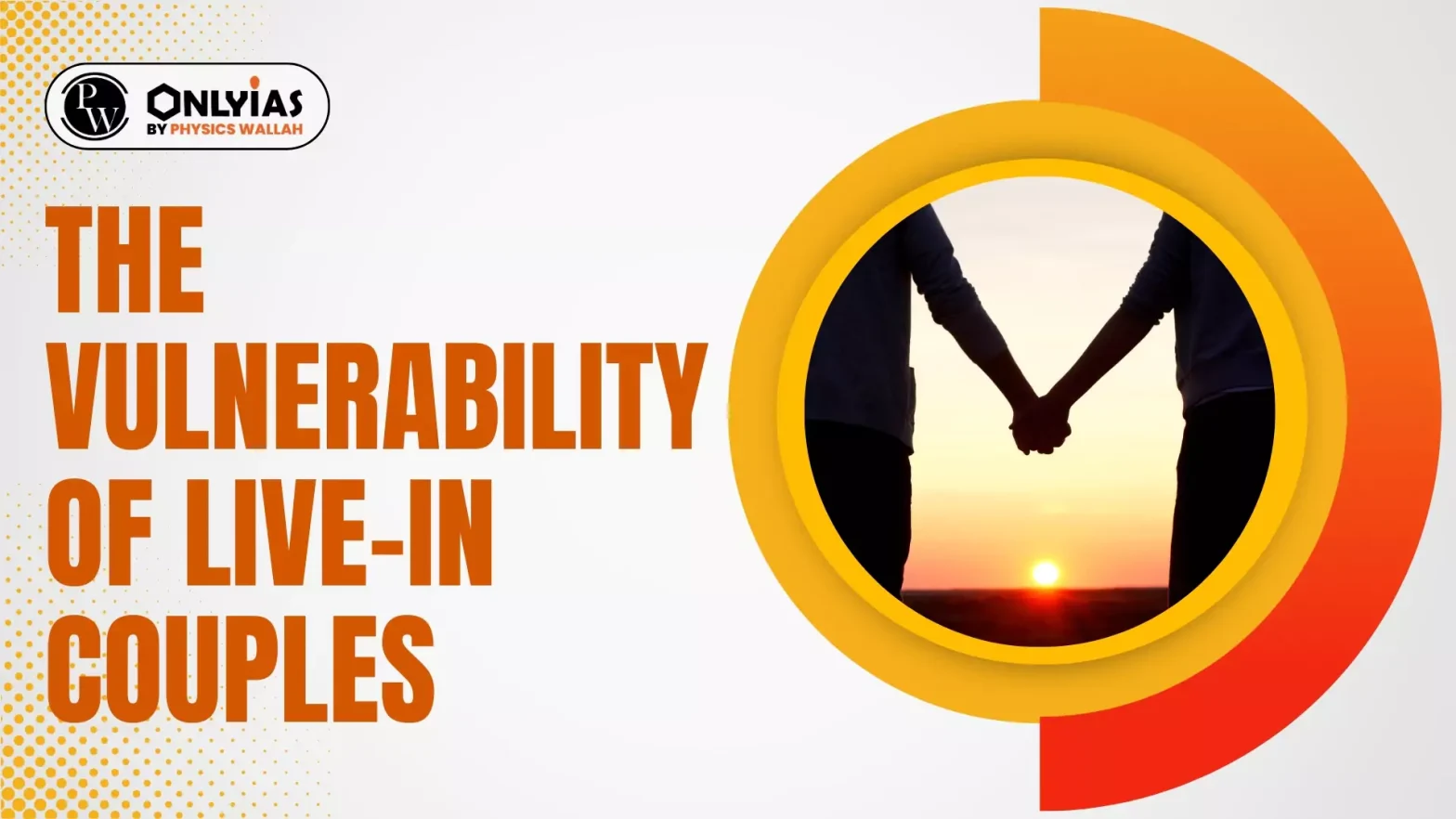In India, the concept of live-in relationships occupies a complex space between legal recognition and societal acceptance. While legal frameworks have evolved to acknowledge and protect live-in relationships, deep-seated societal norms and legal ambiguities continue to challenge these arrangements. The Supreme Court has provided legal protections for individuals in live-in relationships, yet the gap between legal provisions and societal attitudes remains significant.
Legal Status and Protection
- Supreme Court Rulings: The 2006 Supreme Court decision involving Lata Singh marked a significant judicial endorsement of live-in relationships. This landmark ruling affirmed that such relationships are legally permissible and protected under Indian law, challenging the prevailing social norms that view them as immoral or criminal. The court’s decision extended legal protection to individuals in live-in arrangements, ensuring that their rights are safeguarded despite societal prejudices.
- Domestic Violence Act and Property Rights: The Domestic Violence Act of 2005 further strengthens the legal framework for individuals in live-in relationships by providing them with protections against domestic abuse. This legislation recognizes the rights of individuals in these relationships and grants them access to legal remedies in cases of violence. Additionally, children born from live-in relationships are entitled to inherit property, ensuring that their rights are protected in line with the provisions for legitimate children.
Enroll now for UPSC Online Classes
Societal Perspectives and Legal Gaps
| The Shraddha Walkar Case
The 2022 murder of Shraddha Walkar by her live-in partner brought to light the vulnerabilities associated with live-in relationships. The case highlighted the precarious nature of these relationships, especially when they involve interfaith unions, which remain taboo in many parts of India. The intense media coverage of Walkar’s case included intrusive details about her personal life, shifting focus from the criminal aspects to a critique of her lifestyle choices. This media portrayal reinforced societal norms that view live-in relationships, particularly interfaith ones, as risky and socially unacceptable.
Note: Recent surveys indicate that arranged marriages remain the norm in India. Factors like societal pressures, lack of legal protection available to interfaith couples and those in live-in relationships etc. significantly influence individuals’ relationship choices. |
- Pluralism vs. Practical Reality: India’s democratic framework celebrates pluralism, promoting unity among diverse social, religious, and political practices. However, this ideal does not always translate into practical reality for those in live-in relationships. The gap between constitutional rights and their practical application is evident, as legal and societal challenges continue to impact live-in couples.
- Impact of Legal Ambiguity: In Chawali v. State of U.P. (2015), the Allahabad High Court, reflecting a conservative view towards marriage, cautioned about the potential emotional and psychological consequences of live-in relationships.
- The Court noted: “Not only prostitution but sometimes, as a result of ‘live-in relationship,’ a woman may face deportation or involvement in crimes.
- It is not that every live-in relationship results in ill consequences. However, courts have no parameters to determine the intent of individuals in such relationships.”The Court further stated that fundamental rights in India should be viewed from an Indian perspective, where marriage is considered a sacred institution with high family importance, unlike in the West where family ties are less emphasised and divorce rates are higher.
- 2024 Madhya Pradesh High Court case: In this case the court dismissed an interfaith couple’s plea for protection and marriage registration based on muslim law, which deemed their union invalid according to Islamic rules stating that a Muslim man cannot marry a fire-worshipper woman.
- Practical Difficulties in Daily Life: Live-in couples often encounter practical challenges in their daily lives, such as difficulties in opening joint bank accounts and securing rental accommodations. The requirement to prove financial dependence and long-term residence is often impractical, reflecting the legal system’s struggle to adapt to contemporary relationship dynamics.
Check Out UPSC NCERT Textbooks From PW Store
Conclusion
High court judgments frequently reflect a conservative stance, reserving rights primarily for married couples. A 2023 High Court order emphasized that many rights and privileges are reserved for married individuals to preserve and encourage the institution of marriage. This conservative approach highlights the gap between legal recognition and societal acceptance of live-in relationships. While live-in relationships are legally recognized in India, significant gaps remain between legal provisions and societal acceptance. The Supreme Court’s rulings have provided important protections, yet societal prejudices and legal ambiguities continue to challenge individuals in live-in arrangements. Cases like Shraddha Walkar’s and judicial perspectives highlight the need for a more nuanced understanding of live-in relationships and a more adaptable legal framework. Addressing these challenges requires both legal reform and a shift in societal attitudes to ensure that the rights and dignity of individuals in live-in relationships are fully respected and protected.
![]() 9 Sep 2024
9 Sep 2024
